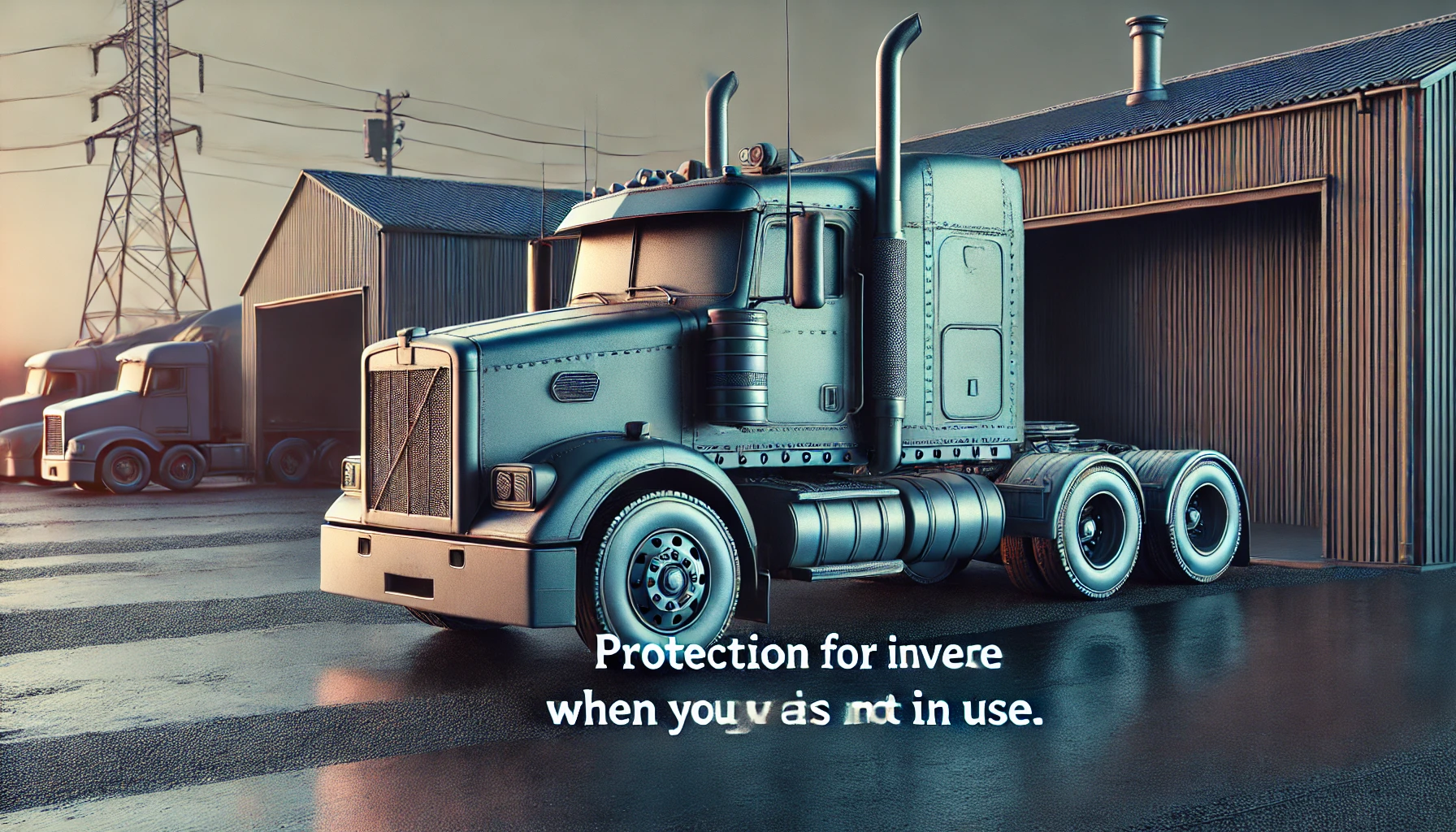Operating a tractor trailer involves numerous risks, and having the right insurance coverage protects your business. Insurance For Tractor Trailer not only safeguards your vehicle but also covers damages, liability, and cargo issues that may arise during transportation. Whether you’re an independent owner-operator or part of a large trucking fleet, securing comprehensive insurance helps you avoid financial setbacks from accidents or unexpected events.
Comprehensive coverage gives drivers and companies peace of mind. It protects against incidents like vehicle damage, theft, liability for injuries, and cargo loss. Knowing your tractor trailer is fully insured allows you to focus on driving without worrying about potential financial burdens.

Why You Need Tractor Trailer Insurance
The size and weight of these vehicles increase their vulnerability to accidents. They can cause significant damage to themselves and others. Tractor trailer insurance offers financial protection when accidents, breakdowns, or theft occur. Without insurance, you could face immense costs for repairs, medical expenses, or legal liabilities.
In addition, federal and state regulations require operators to carry specific types of insurance. Meeting these legal requirements keeps your business compliant and avoids fines or suspensions. Insurance fulfills legal obligations while protecting your business’s assets and reputation.
Types of Coverage for Tractor Trailers
Tractor trailer insurance offers various options designed to address different risks:
Liability Insurance: This legally required coverage protects you when your vehicle causes injury or damage to others on the road. It covers medical expenses, legal fees, and damage repairs for the other party.
Physical Damage Insurance: This policy pays for repairs or replacement of your truck if it’s damaged in an accident or by vandalism, theft, or natural disasters. Physical damage insurance ensures that you don’t need to cover expensive repairs out of pocket.
Cargo Insurance: This policy protects the goods transported in your trailer. If cargo is damaged, lost, or stolen during transit, this coverage compensates you for the value of the shipment.
How to Choose the Right Coverage
Choosing the right policy involves evaluating your specific needs and risks. Consider factors such as the types of goods you transport, the distances you cover, and your operational setup. Working with an insurance provider that specializes in the trucking industry helps you tailor your coverage to fit your business’s needs.

How to File a Claim
If an incident occurs, understanding the claims process can make it easier to recover losses. Here’s what to do:
Step 1: Contact your insurance provider immediately after the incident. Provide relevant information, such as accident reports, photos, and witness statements, to assist with the claim assessment.
Step 2: Work with the insurance adjuster to review the damages or losses and determine compensation based on your policy.
Step 3: After the claim is approved, your insurer will provide the necessary funds to repair your vehicle, compensate for lost cargo, or cover any legal or medical expenses.
Conclusion
Investing in comprehensive insurance ensures your business’s long-term success. The right coverage protects you from significant financial risks like accidents, damage, and legal liabilities. Whether you’re an independent operator or part of a fleet, securing reliable insurance safeguards your business from unexpected challenges.
